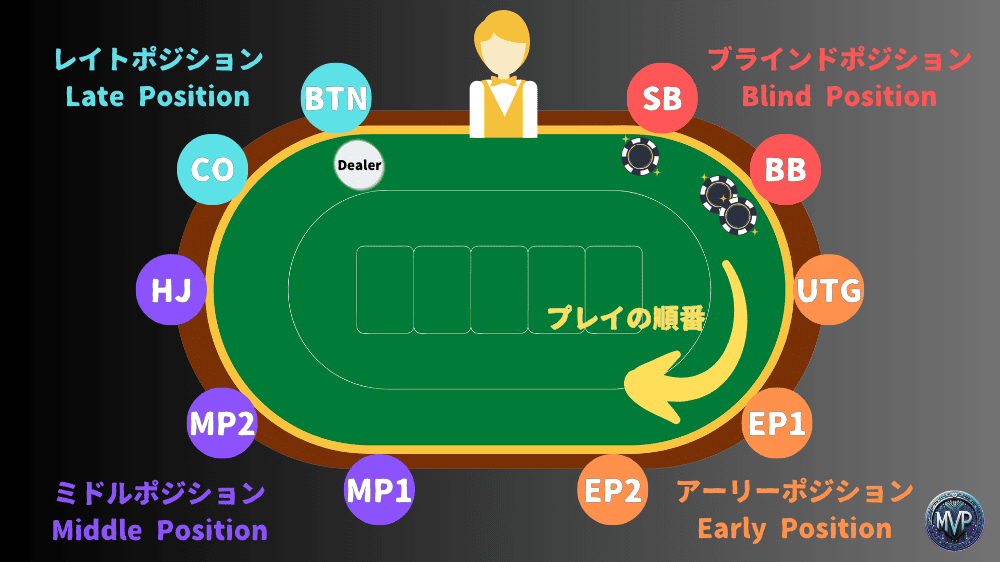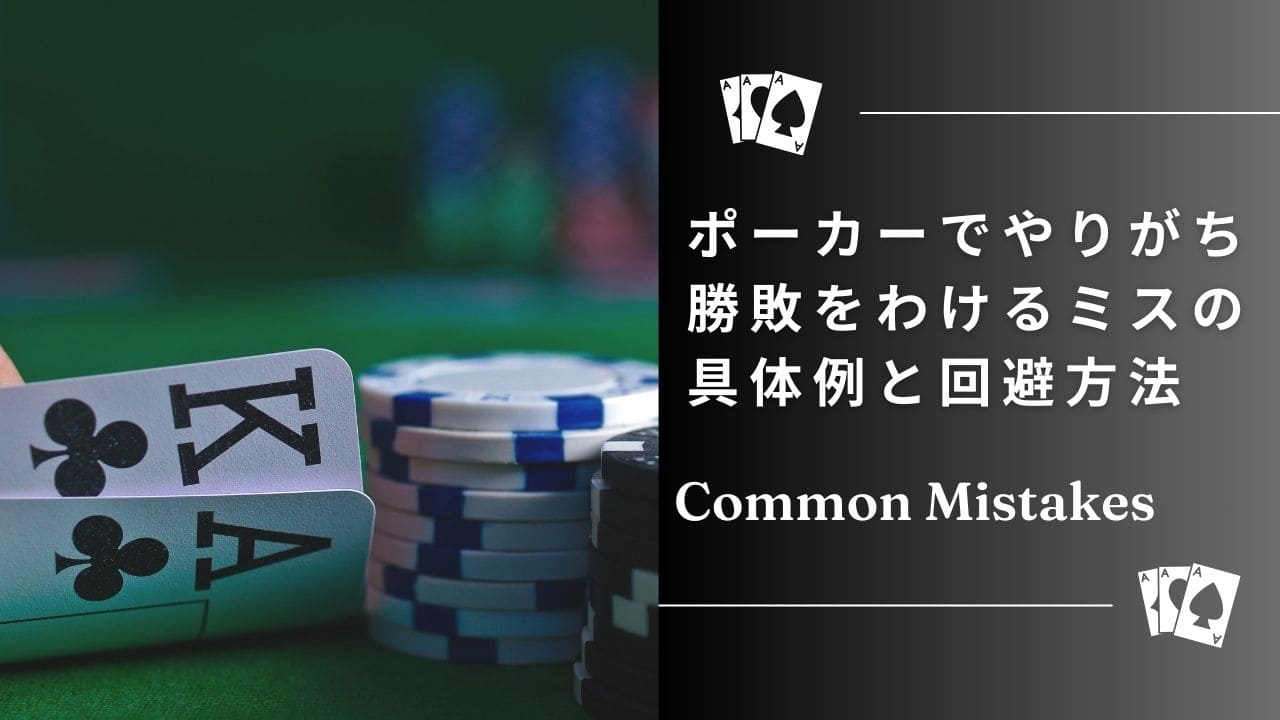Even seasoned poker players are not immune to making critical errors that cost them
chips—and sometimes entire bankrolls. For beginners and intermediate players, identifying
and eliminating common mistakes is a crucial step toward long-term success. In this article,
we’ll break down the top 10 mistakes poker players frequently make and offer concrete
advice on how to avoid them. Whether you play online or live, these tips will help you refine
your strategy and gain an edge at the tables.
1. Overplaying Marginal HandsMistake
Playing hands like KJo, ATo, or Q9s too aggressively from early positions.
Why It’s a Problem:
These hands look decent but are often dominated by stronger holdings, leading to expensive
second-best hands.
Solution:
Tighten up your range, especially from early positions. Learn positionally-aware hand
selection and fold marginal hands when out of position.
2. Playing Too Many Hands
Mistake:
Participating in too many pots just because the hands look “playable.”
Why It’s a Problem:
Loose starting ranges lead to difficult post-flop decisions and long-term losses.
Solution:
Follow solid preflop charts tailored to your stack size and position. Quality over quantity is
the key.
3. Not Knowing the Odds and Probabilities
Mistake:
Calling bets without understanding pot odds, implied odds, or draw equity.
Why It’s a Problem:
This leads to mathematically incorrect calls and long-term negative expected value (EV).
Solution:
Learn basic poker math. Practice calculating pot odds and use them to guide your
decisions—especially with drawing hands.
4. C-Betting Without a Plan
Mistake:
Automatically continuation betting the flop after raising preflop.
Why It’s a Problem:
Predictable c-bets get punished, especially on boards that hit your opponent’s range more.
Solution:
Use a selective c-bet strategy. Evaluate board texture, opponent tendencies, and your own
range advantage before betting.
5. Calling 3-Bets Too Light
Mistake:
Calling 3-bets with hands like AJo, KQ, or small pocket pairs without a clear plan.
Why It’s a Problem:
These hands often perform poorly against tight 3-bet ranges, especially out of position.
Solution:
Respect the 3-bet unless you’re in position and deep enough to realize equity. Learn when to
fold, 4-bet bluff, or call profitably.
6. Poor Stack Size Awareness
Mistake:
Using the same preflop strategy regardless of stack depth.
Why It’s a Problem:
Different stack sizes require different ranges, especially for shove/fold decisions in
tournaments.
Solution:
Study push/fold charts and adjust your strategy based on stack size. For example, 10BB
ranges differ significantly from 25BB ranges.
7. Ignoring Position

Mistake:
Playing hands the same way from early position as from the button.
Why It’s a Problem:
Position affects hand strength and post-flop playability. Acting last provides a huge
informational edge.
Solution:
Play tighter from early positions and looser from later positions. Understand how position
affects ranges and aggression.
8. Being Too Passive
Mistake:
Calling too much and not betting or raising enough.
Why It’s a Problem:
Passive play allows opponents to control the pot and exploit your predictability.
Solution:
Adopt a more aggressive mindset. Bet when you have value or fold equity, and avoid being a
calling station.
9. Tilt and Emotional Decisions
Mistake:
Letting emotions dictate play after a bad beat or losing streak.
Why It’s a Problem:
Tilt leads to irrational decisions, spewing chips and compounding losses.
Solution:
Take breaks, use stop-loss limits, and develop mental game habits like deep breathing and
self-awareness.
10. Poor Bankroll Management
Mistake:
Playing stakes that are too high relative to your bankroll.
Why It’s a Problem:
Increases the risk of going broke due to variance, even if you’re a winning player.
Solution:
Follow conservative bankroll guidelines—e.g., at least 20 buy-ins for cash games, 100
buy-ins for tournaments.
Conclusion
Improving at poker isn’t just about learning new plays—it’s about recognizing and correcting
the mistakes that quietly drain your edge. By staying disciplined, managing your bankroll,
and thinking strategically about your decisions, you can drastically improve your results. Use
this list as a checklist for your own game and eliminate leaks one step at a time.


